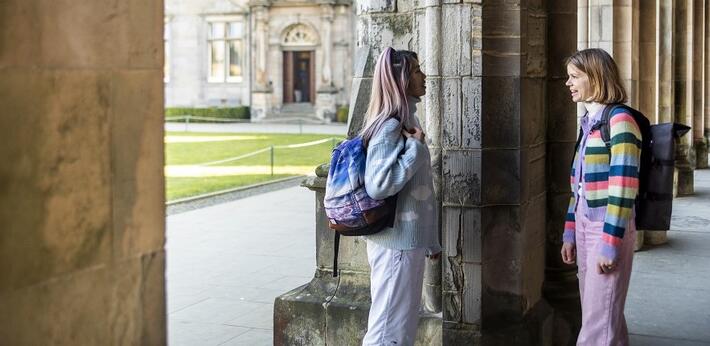You are here
Home ›03/07/2023
The future US study abroad student
A recent report based on the results of a survey of international students, carried out by The Future Laboratory in partnership with Western Union Business Solutions, predicts that international students recruited in the 2020s and 2030s will feel strongly about a range of social issues and expect their institution to demonstrate a similar commitment.
The survey found that the top concern is environmental issues (28 per cent), followed by political state (19 per cent) health and social care (19 per cent), gun violence (16 per cent), and gender equality (14 per cent). Sustainability and emotional well-being are other key priorities for young people today.
Institutions have already begun to be measured and ranked according to such criteria. in 2019, Times Higher Education (THE) launched the first global University Impact Rankings revealing the institutions that are working hardest to tackle global issues such as gender inequality, quality education for all, climate change, and achieving peaceful societies and economic growth.
As digital innovations and post-pandemic working practices see work and home becoming increasingly integrated, and the notion and expectation of lifelong careers has been eroded, young people increasingly require an education that equips them for diverse roles in different industries, to prepare them for a portfolio of career paths. Such customisable degrees, that offer global options in the future, provide the chance to mix and match courses, delivered in in-person and online modes, and from different global institutions.
This desire for flexibility in learning modes and time commitments will require a revolution in traditional university timetabling and semester structure, enabling students to progress their education in an individual way and integrate complementary work experience opportunities, internships, and professional training.
Digital solutions using artificial intelligence, virtual reality (VR), augmented reality (AR), and 5G will revolutionise campus culture and the learning environment. Such transformations require significant investment and vision on the part of cash-strapped institutions, and partnerships with business and industry will be essential in developing and implementing innovations for the evolution of smart campuses.
Western Union predicts that universities of the future ‘will mix and match education to reflect students’ needs, both in terms of technology and in content and how learning is framed’ and international students ‘will be able to take their degree in stages, when it’s convenient and affordable.'
Download this article via the PDF file below.
If you found this information useful, we are happy to hear your comments or suggestions on future topics you would like to be covered.
Contact the Study UK team in the US at Karina.Pichardo1@britishcouncil.org
| Attachment | Size |
|---|---|
| 912.42 KB |






